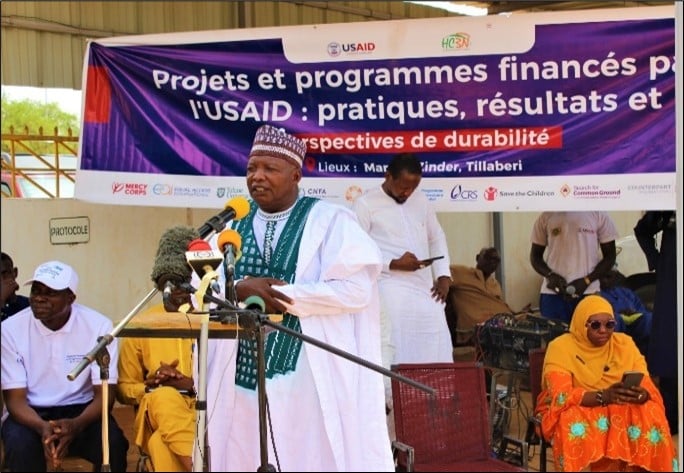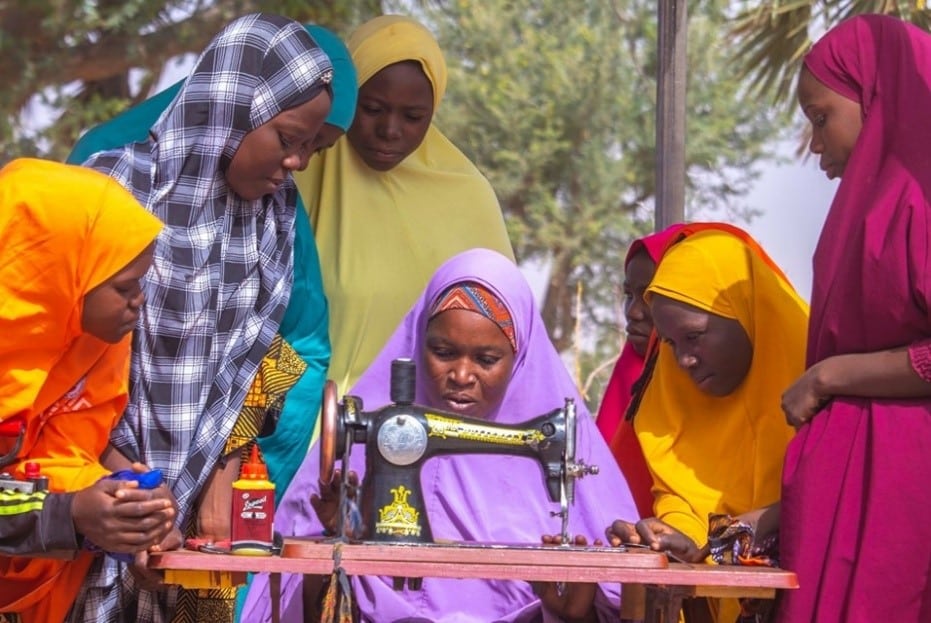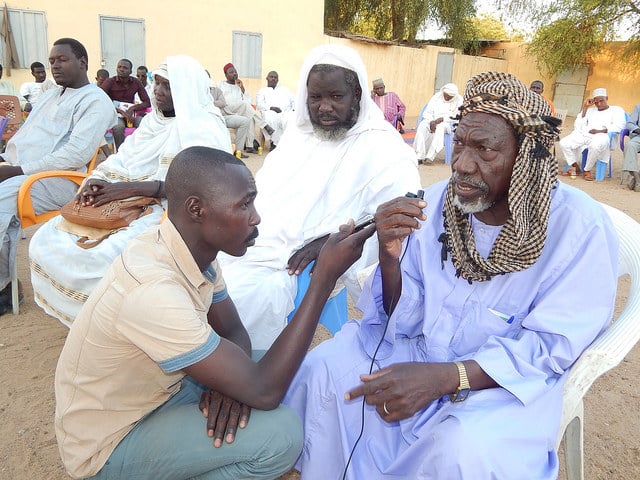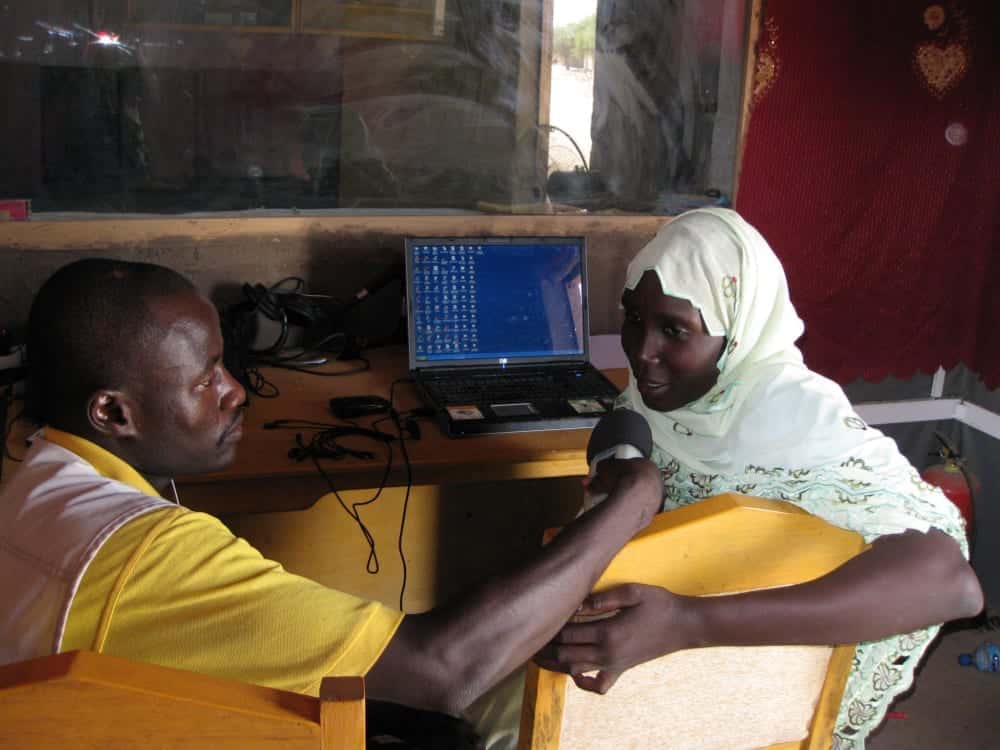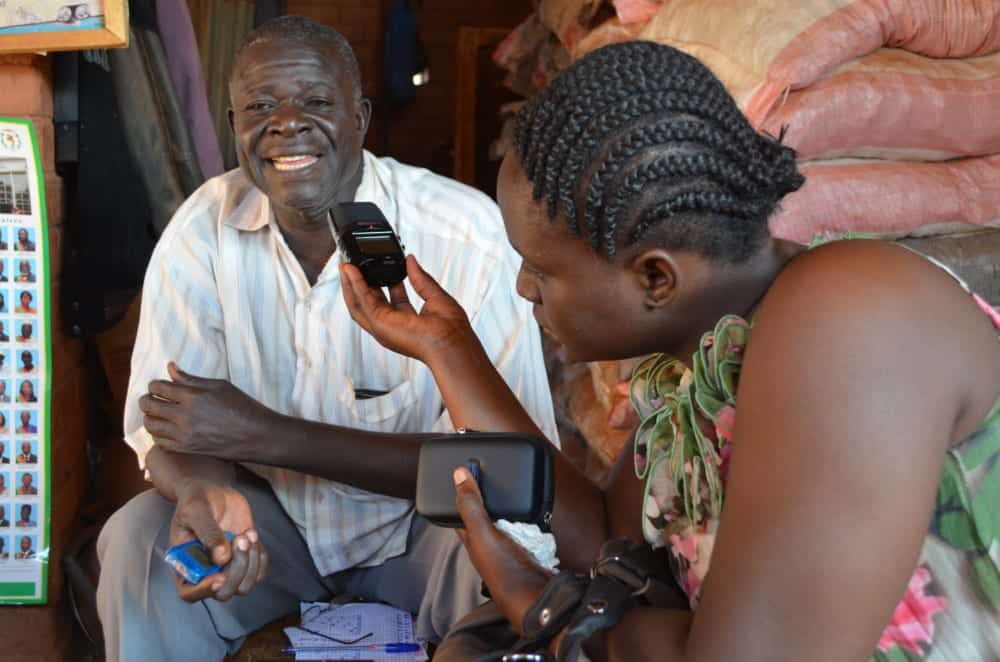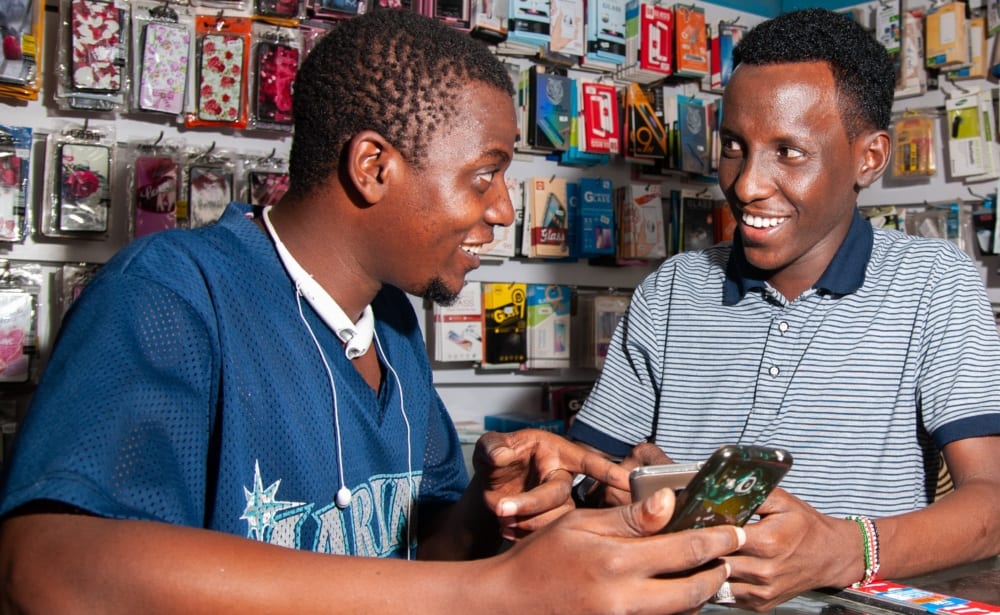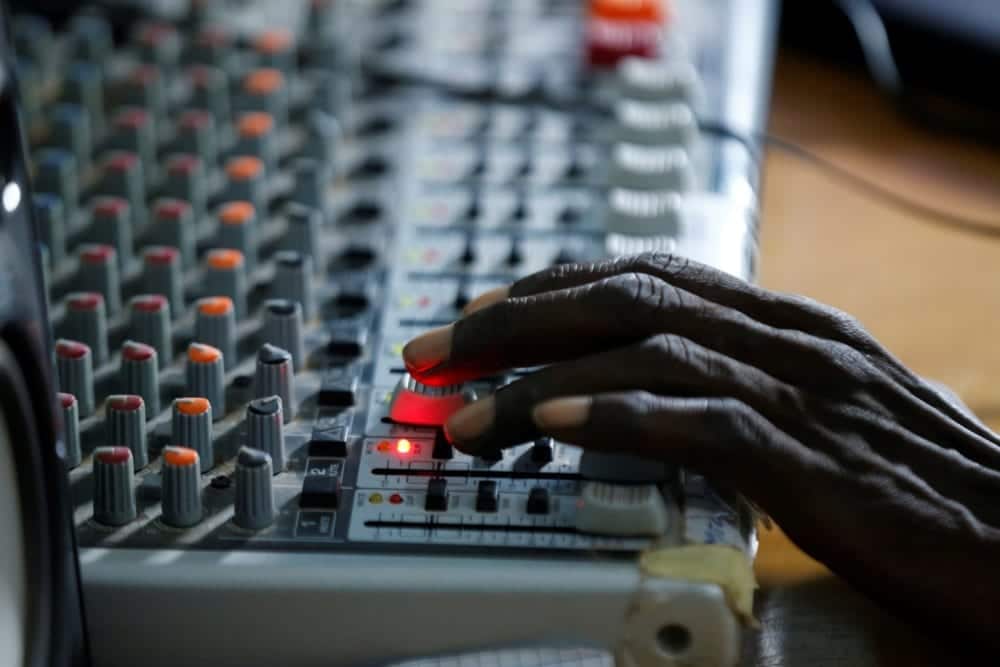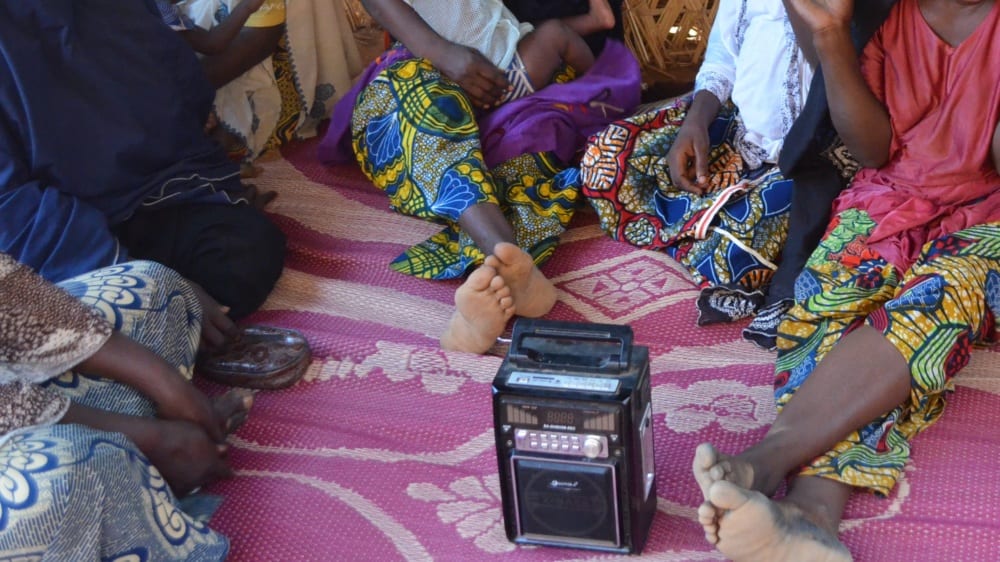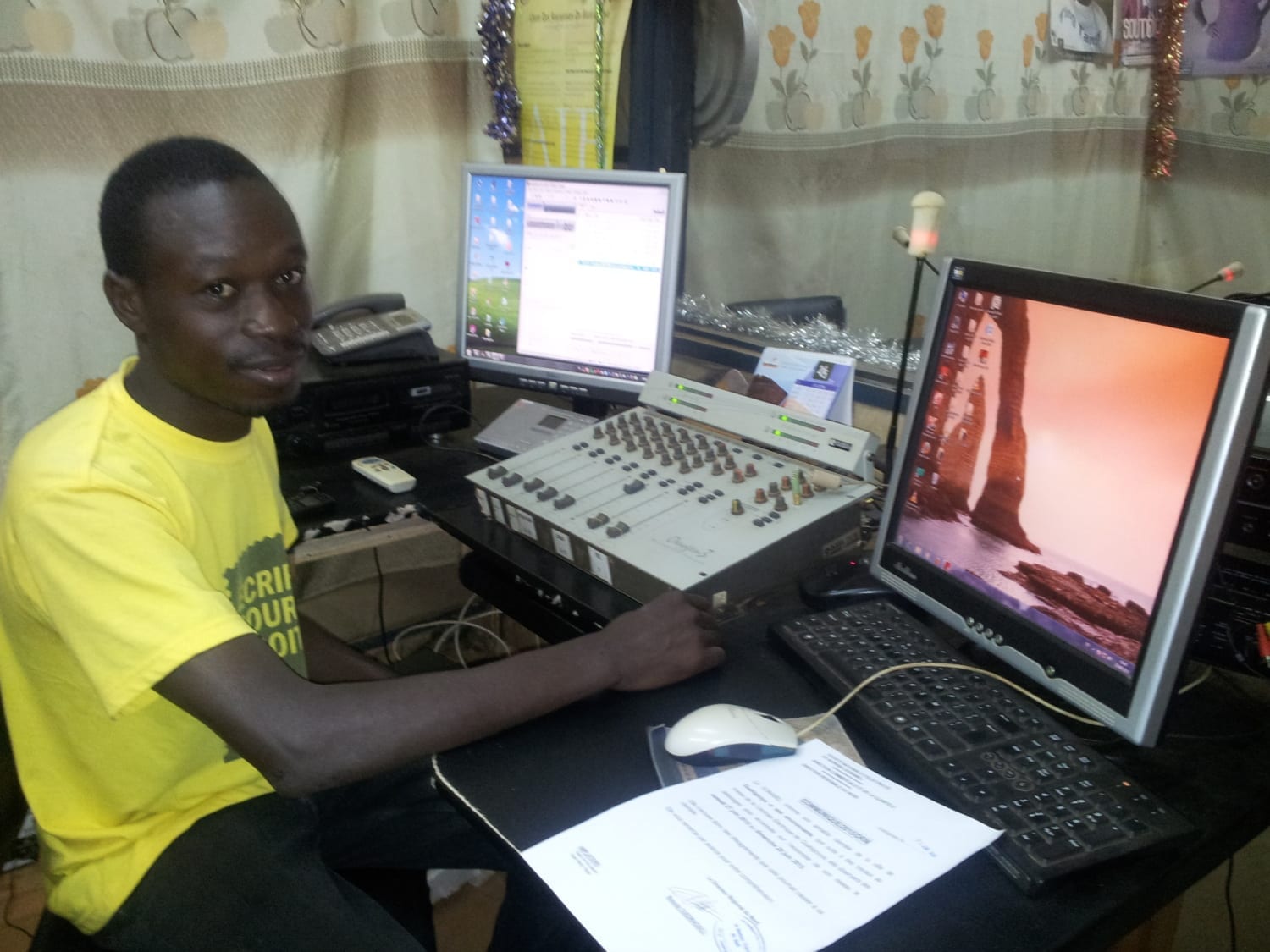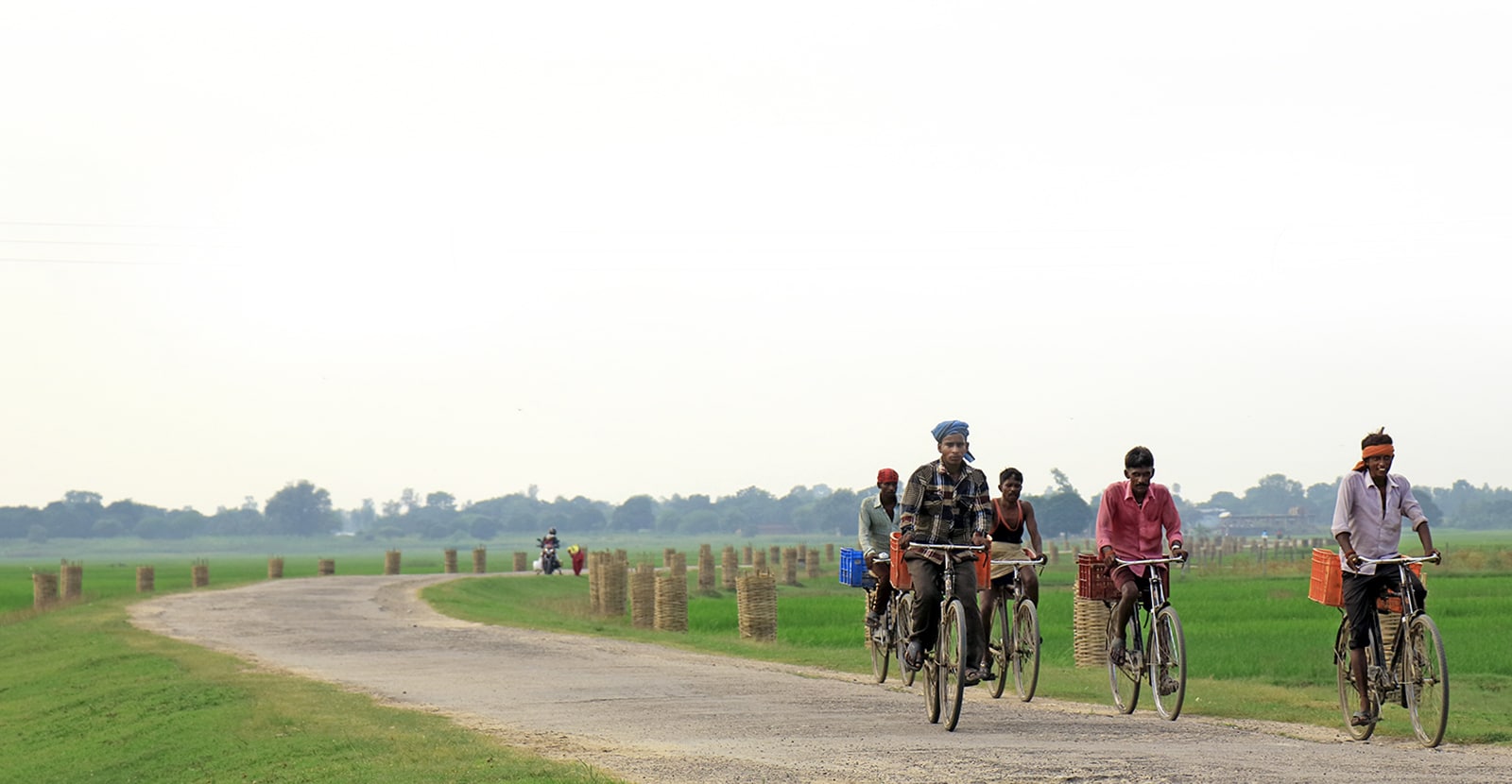Equal Access Increases Resilience in Niger and Burkina Faso with Technology, Media Campaigns
In partnership with Mercy Corps (prime implementer) and Tulane University, and with support from the Center for Democratic Governance in Burkina Faso, SCC uses innovative user-friendly tools to facilitate the collection and transmission of information and learning. This approach facilitates the sharing of tools, lessons, and resources among USAID implementing partners and government partners in Burkina Faso and Niger through digestible and practical use of technology to access and collect information around food security, value chains, agriculture, water security, livestock, gender and youth, conflict and peace, livelihoods, sanitation and nutrition.
Through workshops, mapping, learning and collaboration working groups, knowledge management platforms, and communication campaigns, SCC identifies practices that can improve the livelihoods of vulnerable populations, improve coordination in areas of shared geographic interventions, and provide sustainable and integrated solutions.
SCC also conducts extensive media outreach to build awareness of community-led resilience practices and procedures. For example, its press caravans in Niger work with journalists to understand and share resilience interventions with the public. EAI also assists targeted groups (youth engagement groups, bloggers and radio listening clubs) with production and dissemination of content around USAID interventions, including a podcast that currently has more than 100 episodes.
A midterm evaluation of the SCC project highlighted that 87% of USAID resilience partners now implement collaborative actions as a result of SCC’s efforts. Among them, 51% of partners reported improvements in how local government, nongovernment organizations and communities collaborate to address development priorities and 98% reported that collaboration “adds value” to their work. Approximately 65% of partners reported to have applied knowledge gained through trainings on collaboration, communication, and knowledge management mechanisms to adapt their programs, activities, or practices.
Also, since the project’s launch in 2019, EAI has produced and widely disseminated nearly 200 communication products. Beyond these numbers, EAI engaged directly with communities benefiting from these USAID projects to understand how they have impacted people’s lives and livelihoods. EAI collected inspiring stories of transformation made possible as a result of skills building training, mentorship, and access to resources that empowered women and young people to achieve financial independence and become leaders in their communities.
